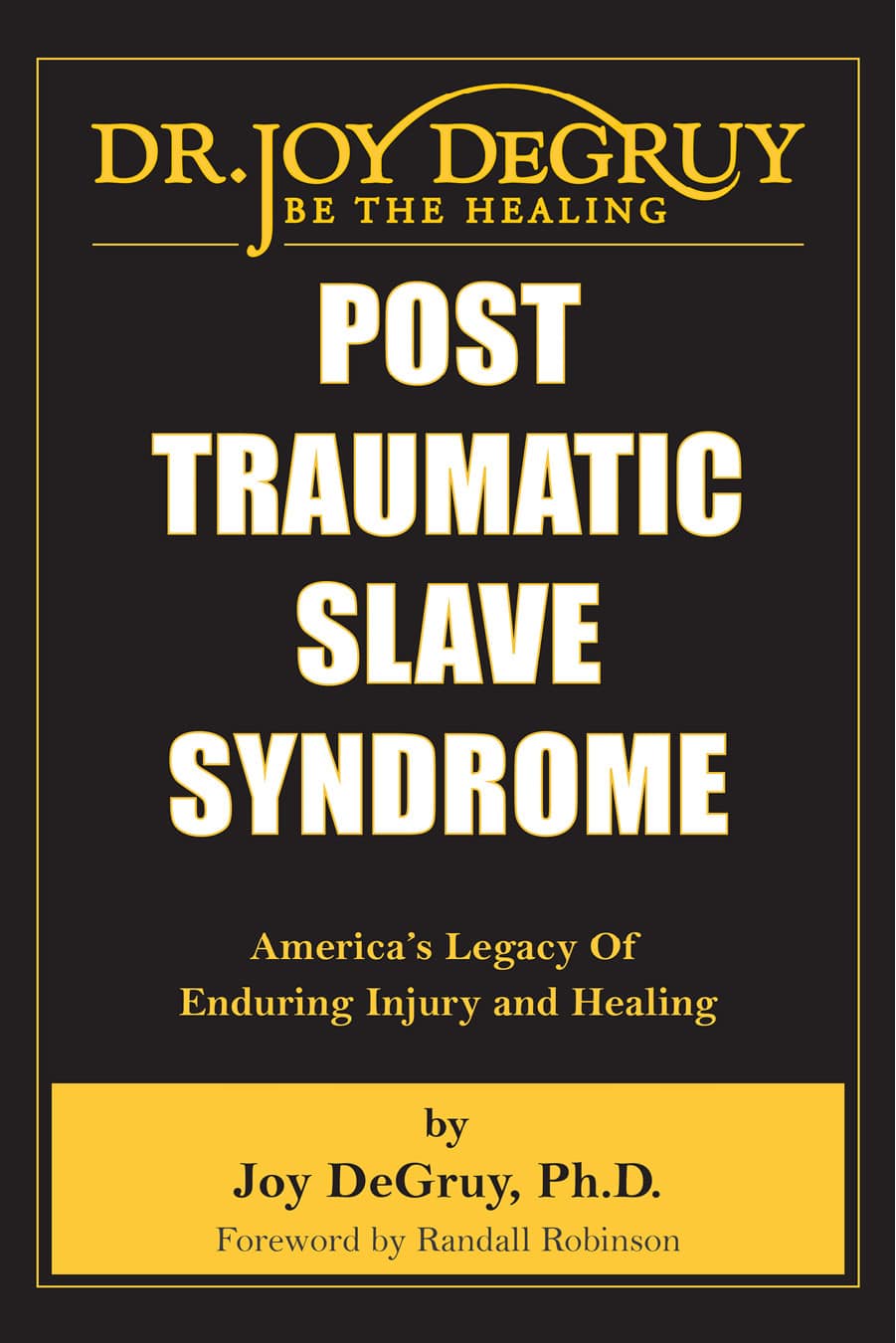By Paul Logsdon–
A scholar says many African Americans suffer from misguided ideas of culture born of slavery, and the HSC Office of Diversity and Inclusion hosted a seminar Feb. 6 to discuss it.
The “Post Traumatic Slave Syndrome and Black Healing” talk drew 40 people to the School of Public Health and Information Sciences.
“Black justice can’t exist if all Americans aren’t working on their own healing,” facilitator Pam Newton said.
Newman honored her ancestors at a miniature shrine consisting of pictures, water and four tea candles, asking for a moment of silence.
Newman played a video of Joy DeGruy reading excerpts from her book “Post Traumatic Slave Syndrome.” DeGruy said she wrote her book to heal.
“You can’t heal that which you don’t understand,” DeGruy said. “The worst thing you can do to a people is rob them of the memory of themselves. We can’t possibly know where were going if we don’t know where we came from … We can’t possibly embrace who we are if we can not honor the shoulders upon which we stand.”
DeGruy, who studies multi-generational trauma, contrasted the Holocaust with slavery. She noted there is no pushback when discussing the Holocaust because Jews honor it, the complete opposite of how slavery is treated.
She denounced “white racism,” saying it doesn’t adversely impact the lives of black people as an entire group the way “black racism” adversely affects the lives of white people.
“Racism not only implies that I don’t like you, but also that I have the power to impact you as an entire group,” DeGruy said.
DeGruy said the U.S. Constitution is a contradiction: the notion of freedom and democracy coexisted with the genocide of Native Americans and the enslavement of African people. She also cited omissions in black history, saying education is crucial to black healing.
The 300 years of oppression has led to African Americans exhibiting symptoms of Post Traumatic Stress Disorder.
She said that the broken behavior of African American ancestors is now called culture. In order to heal, DeGruy suggested African Americans must know the past that makes them who they are today.
After the reading, multiple attendants spoke about how they felt.
Alona Pack of the School of Nursing ended the discussion on a positive note, saying she feels encouraged, speaking to the group.
“I have felt your pain but I know your power,” Pack said. “We are a strong people, we will survive and we will get through this and it’s going to get better.”




